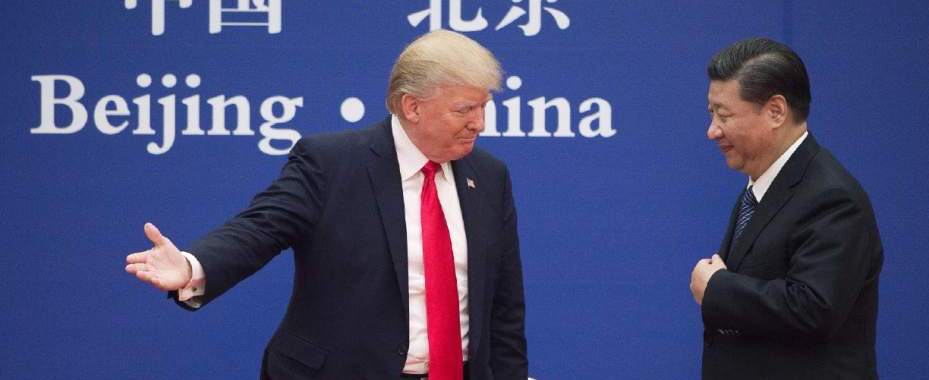President Donald Trump’s tariffs on China will be a major topic at the G20 meeting in Argentina this week. Pundits have been quick to criticize the president for launching a trade war — and have called for compromise.
Op-ed by Michael Stumo, CEO of CPA, originally appeared in LifeZette on November 30, 2018
Trump and China’s President Xi Jinping are scheduled to meet this weekend. But China has refused to admit any wrongdoing or to change the commercial espionage practices that caused the tariffs to be implemented in the first place.
The president’s critics should consider that the goal of getting China to become a market-oriented economy with an open political system has failed. That failure is causing unprecedented and continuing harm for American-based production and workers. Rather than worrying about hurting Beijing’s feelings, commentators and free-trade economists should focus more on a troubling decline in America’s technological, economic, and military edge.
In June, and after a lengthy investigation into China’s cyber-espionage and hacking of U.S. companies, President Trump imposed Section 301 tariffs on $50 billion worth of Chinese goods.
A detailed government report had documented years of state-sponsored practices, including theft of high-tech property, hacked networks, and forced technology transfer. Rather than change course in the face of the tariffs, however, Beijing has doubled down on its predatory behavior — prompting tariffs on an additional $200 billion of Chinese products.
The Office of the U.S. Trade Representative recently provided an updated report on China’s practices in advance of the G20 summit. This is reasonable, since it informs the president as to whether or not Beijing is changing its behavior and whether a compromise would be in the U.S. national interest.
However, the report notes that “China has not fundamentally altered its unfair, unreasonable, and market-distorting practices that were the subject of the March 2018 report on our Section 301 investigation.”
Translation: China is still hacking U.S. companies, forcing transfer of critical technologies, and engaging in weaponized foreign investment strategies.
All of this matters greatly since, as even a school kid knows, the digital world holds the key to 21st century prosperity. But America is now falling behind when it comes to advanced technologies, thanks in large part to China’s heavy subsidization of its high-tech sector.
The numbers paint a gloomy picture. In 2000, the U.S. ran a $5 billion trade surplus in advanced technology products. By last year, however, that figure had shifted to a stunning $110 billion deficit — almost entirely with China.
China repeatedly steals critical advanced technologies from U.S. companies — and uses such hacking to keep moving ahead in the global arena. Amazingly, all of the longstanding intrusions of U.S. networks, and the hacking of proprietary high-tech secrets, have simply been tolerated for years.
The results have been significant, though. Chinese companies have stolen U.S. technology for nuclear power generators, solar cells, and both internet software and hardware. And it’s estimated that 20 percent of the wind turbines deployed in China today contain stolen software.
For all those who say that President Trump is being too aggressive with Beijing, U.S. Trade Representative Robert Lighthizer’s new report offers a hard dose of reality. U.S. trade delegations have repeatedly attempted to find compromise and constructive engagement with Beijing. But Lighthizer says that after multiple meetings this year, “China did not respond constructively and failed to take any substantive actions to address U.S. concerns.”
It’s somewhat astounding that, although China continues to deny any hacking, its intrusions into U.S. networks continue unabated. But all of this follows Beijing’s ongoing aim of “becoming a global leader in a wide range of technologies, especially advanced technologies.”
Beijing, in fact, remains on course to achieve its “Made in China 2025” plan of global dominance in “aerospace, information and communications technology, robotics, industrial machinery, new materials, and automobiles.”
Last year, President Xi told attendees at the Communist Party Congress that “the Communist Party of China is a great party; it has the fight and mettle to win.”
Any deal to relax tariffs at the G20 would further embolden President Xi and ratify his strategy to deny, defend and double down on technology theft — and China’s bid to hamstring America’s global leadership.
Michael Stumo is CEO of the Coalition for a Prosperous America (CPA), a nonprofit organization working at the intersection of trade, jobs, tax and economic growth.













